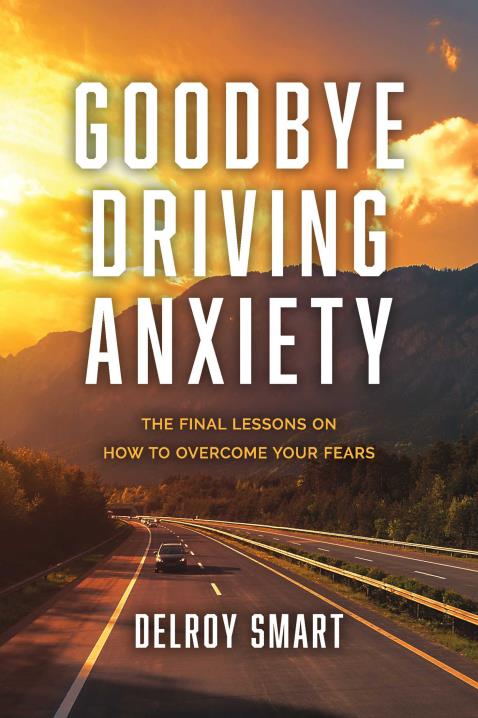Here are some biological reasons for driving anxiety
First, you already know that the anxiety you experience when driving is not unique. Same as fear, anxiety is natural; the important factor is how you respond to the perception of threat or danger. Your sense of control or ability to cope with the situation is the key. Anxiety occurs when you cannot confirm whether a threat is false or real, thus your brain goes into alarm mode.
The act of driving simply revs up your sense of uncontrollability, and unpredictability all due to your perception of an irrational threat from within you (hormones-cortisol, unconsciously affect behavior) to what is happening outside (but the physical effects originate in the brain). All of this super fast action can quickly change to uncertainty, and therefore leave you feeling weak, and mentally fatigued. The final solution (to this anxiety must begin with how the brain perceives threats) is to avoid what is stimulating the uncertainty or simply stop driving.
Here is RoyDrive's conclusion on driving anxiety. There are basically a few triggers: Stress is caused by the outside world, by an impending exam, a recent bereavement, divorce or separation, something frightening in the news or having to care for someone with an incurable disease.
Other stressors that last longer (exhaustion) will activate a different anxiety pathway that allows cortisol to act more slowly, but with greater persistence. In order to understand and overcome driving anxiety, it is necessary to understand its fundamentals: Our bodies make cholesterol from sugars in our foods. The cholesterol is then used to make a large number of different hormones for various tasks.
The important hormones here includes: progesterone, cortisol, testosterone, aldosterone and oestradiol, all of which are steroids. It all begins when the brain (your senses) send a signal to the hypothalamus to tell the pituitary gland to release a hormone that tells the adrenal gland to make and secrete cortisol. Since the hypothalamus affects behavior influenced by the outside world as interpreted by the brain, these signals-passed on by hormones (neurotransmitters) affect how our genes switch on and off, therefore influencing behavior such as long-term driving anxiety. Driving anxiety is a long-term stressor







